
Kathmandu, Nov 17: A Nepal-India border security coordination meeting has discussed clearing the Das Gaja strip or no man’s land of Nepal-India border, maintaining records of people crossing the open border and improving overall management. The talks were held between a Nepali team led by Armed Police Force chief IGP Raju Aryal and an Indian team led by SSB Director General Sanjay Singhal.
An official present at the meeting said both sides raised issues related to cleaning and repairing border pillars. Joint teams of the APF and SSB have been maintaining pillars on an odd-even rotation in the past, and the meeting reviewed this practice.
The Indian side again pushed the proposal to keep records of daily movement across the open border. Officials say hundreds cross each day without any documentation, which creates security gaps.
Indian Home Ministry Secretary Govind Mohan formally proposed keeping records of those passing through official checkpoints. Both sides discussed the idea positively, but no decision has been made. Nepali officials told India the proposal would need a decision at the Home Secretary level before moving forward.
Nepal had also raised the record-keeping issue in previous meetings, including in Delhi two years ago and in Kathmandu last year. Nepal had even set aside a budget to begin the process, but the plan stalled after India did not respond. This time, India raised the matter itself and showed readiness to explore it again.
The meeting discussed eleven agenda items. These included clearing the Das Gaja zone, maintenance of pillars, record-keeping at border points, cross-border drug trafficking, customs smuggling and the rising number of fugitives using the open border.
Nepal requested Indian support in tracking inmates who escaped during the recent GenZ Movement. More than fourteen thousand inmates broke out of jails, and around five thousand remain at large. Many are believed to have crossed into India. Nepal asked India to help locate and restrain them.
Both sides also discussed weapons looted during the movement. A total of 12,071 police weapons were seized, of which 718 have been recovered. About 553 remain missing. With so many prisoners still on the run and more than five hundred weapons unaccounted for, both sides agreed to tightly control any movement of arms across the border.
On drug trafficking, India asked Nepal to share details of arrests, including the type of drug seized, so it can trace offenders moving across the border.
The meeting also reviewed decisions taken during the eighth border security coordination meeting held in Kathmandu last year. Discussions covered crime control, smuggling, information sharing, joint patrols and expanding cooperation.
Senior officials from the APF, Nepal Police, National Investigation Department and the Home and Foreign ministries took part in the meeting.
People’s News Monitoring Service





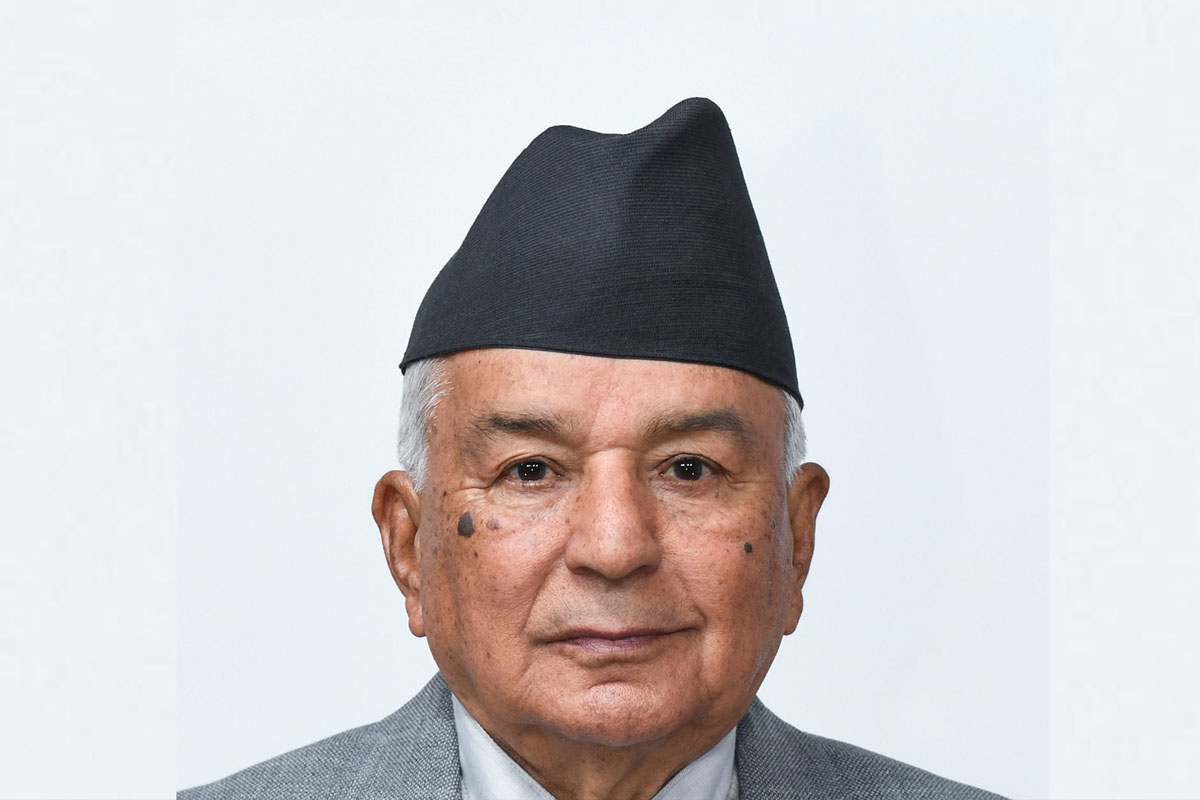
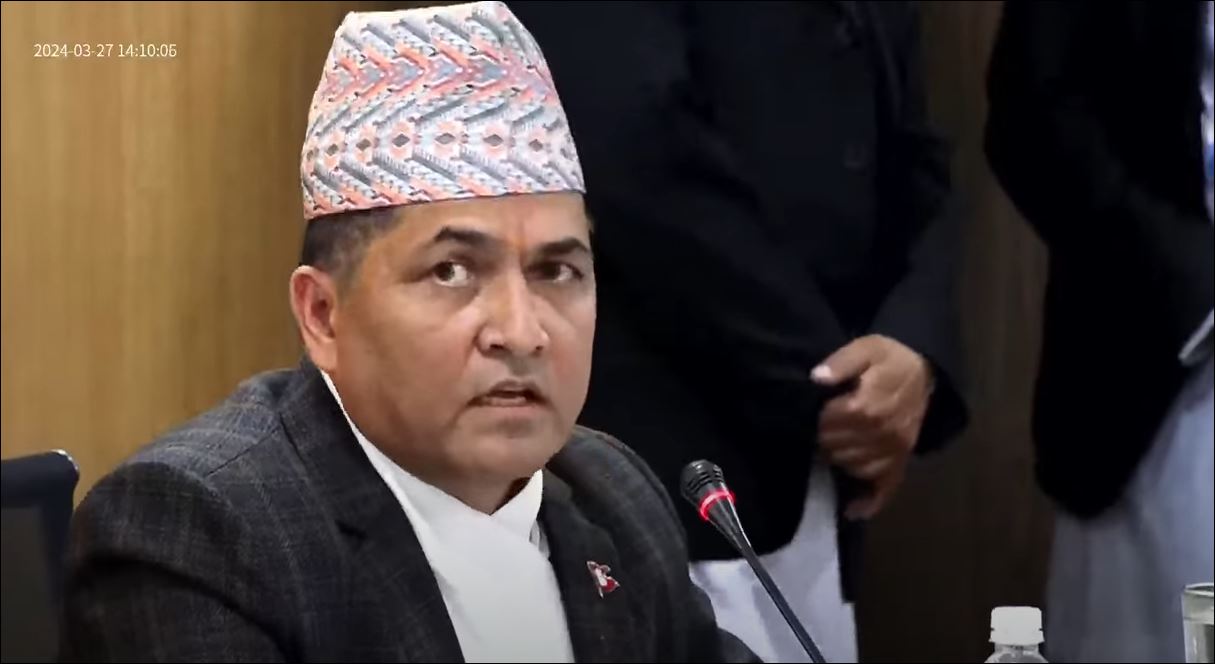


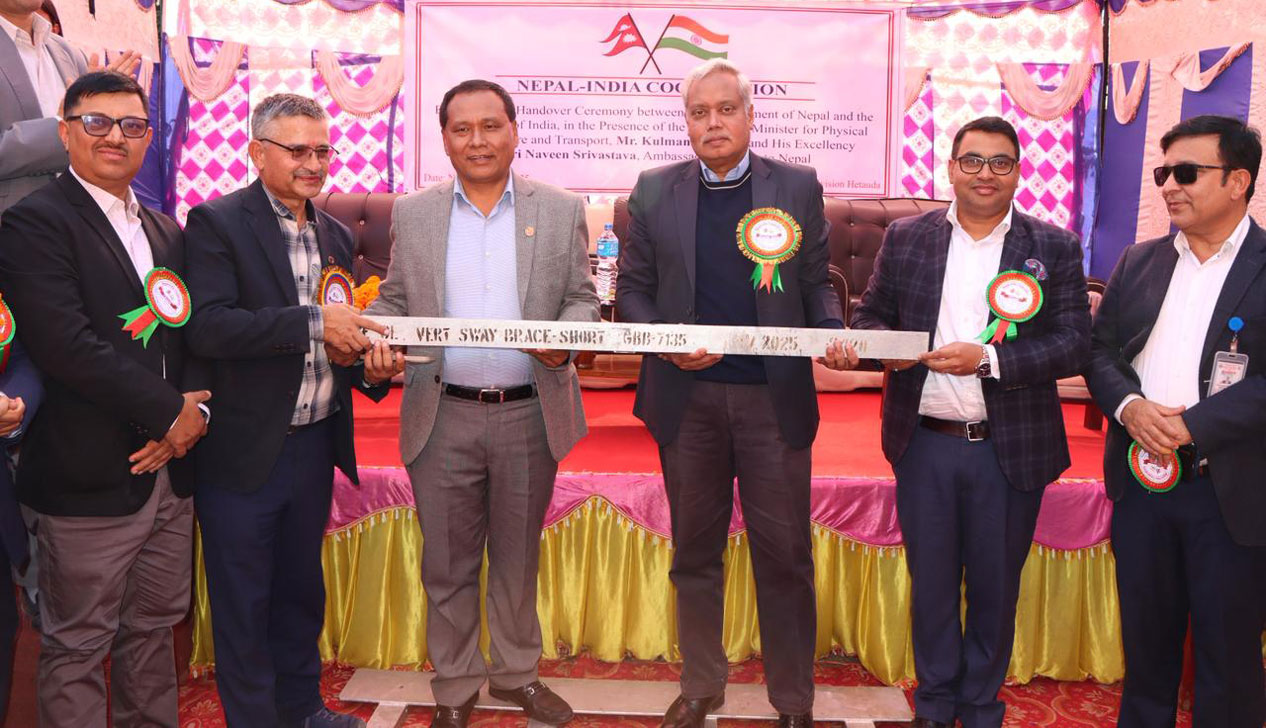
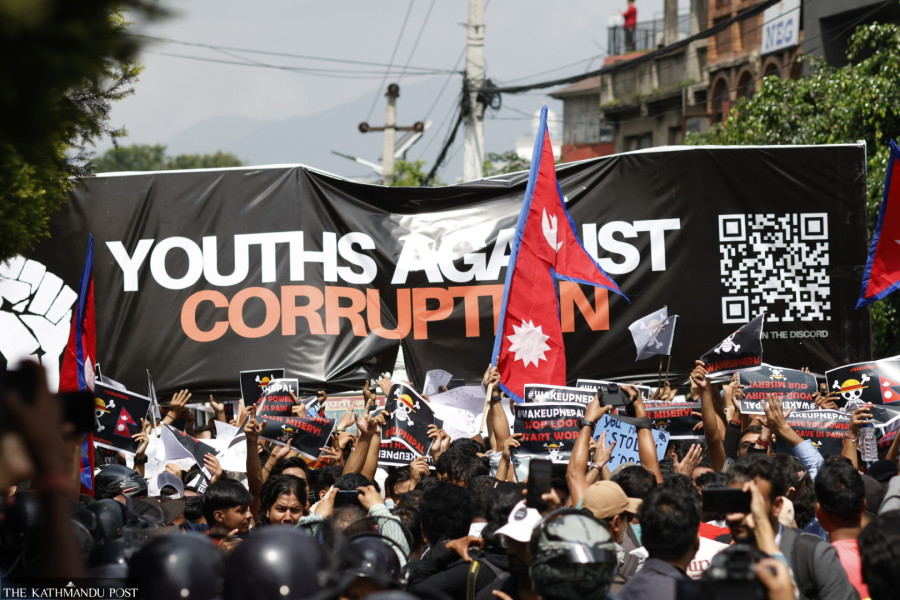
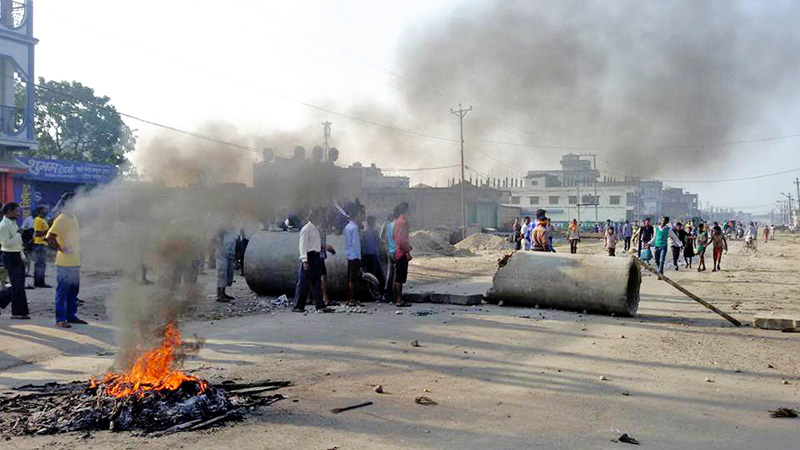


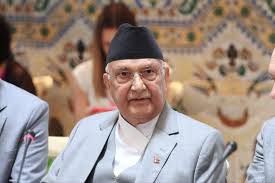
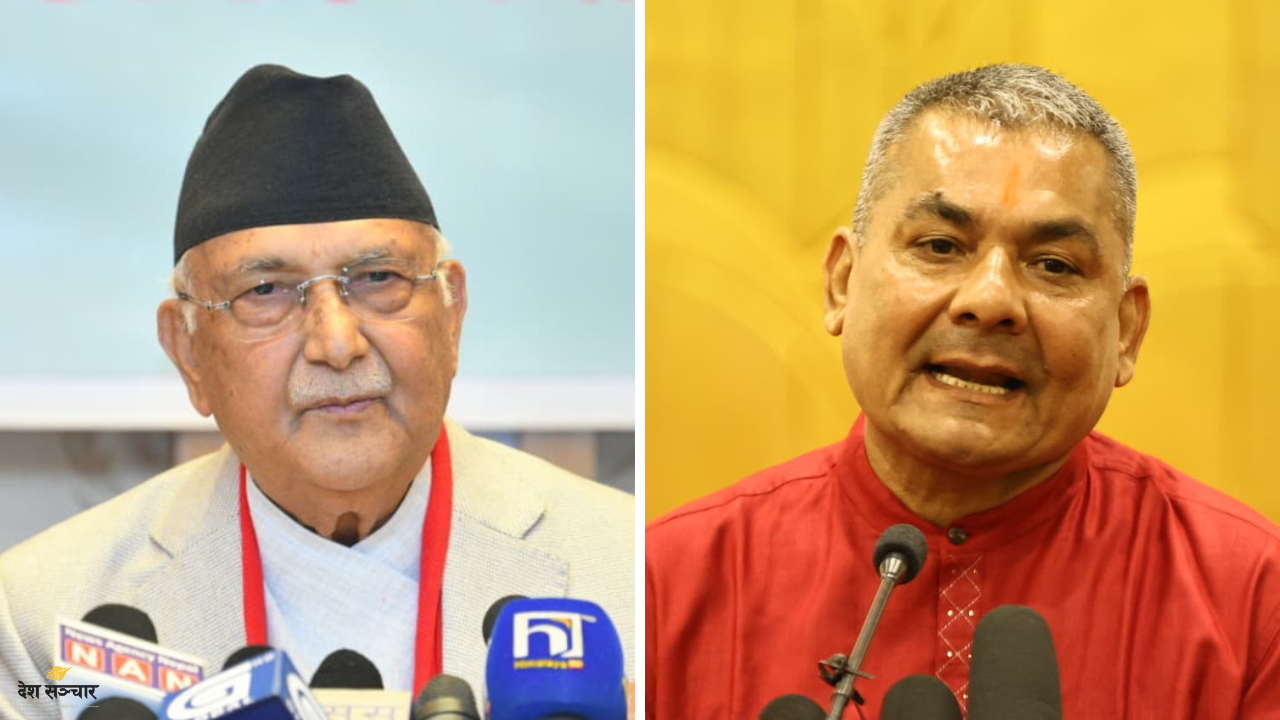
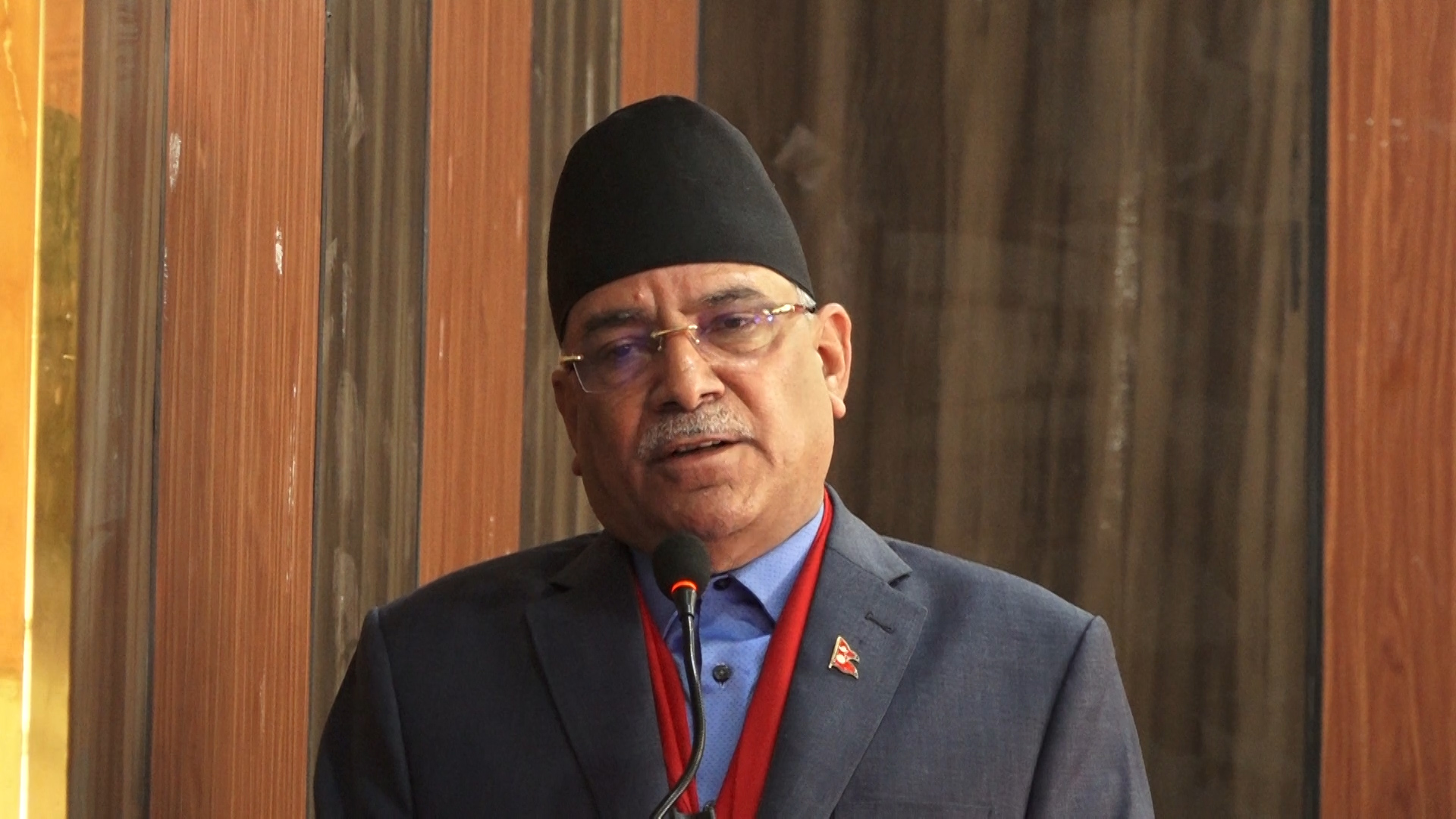
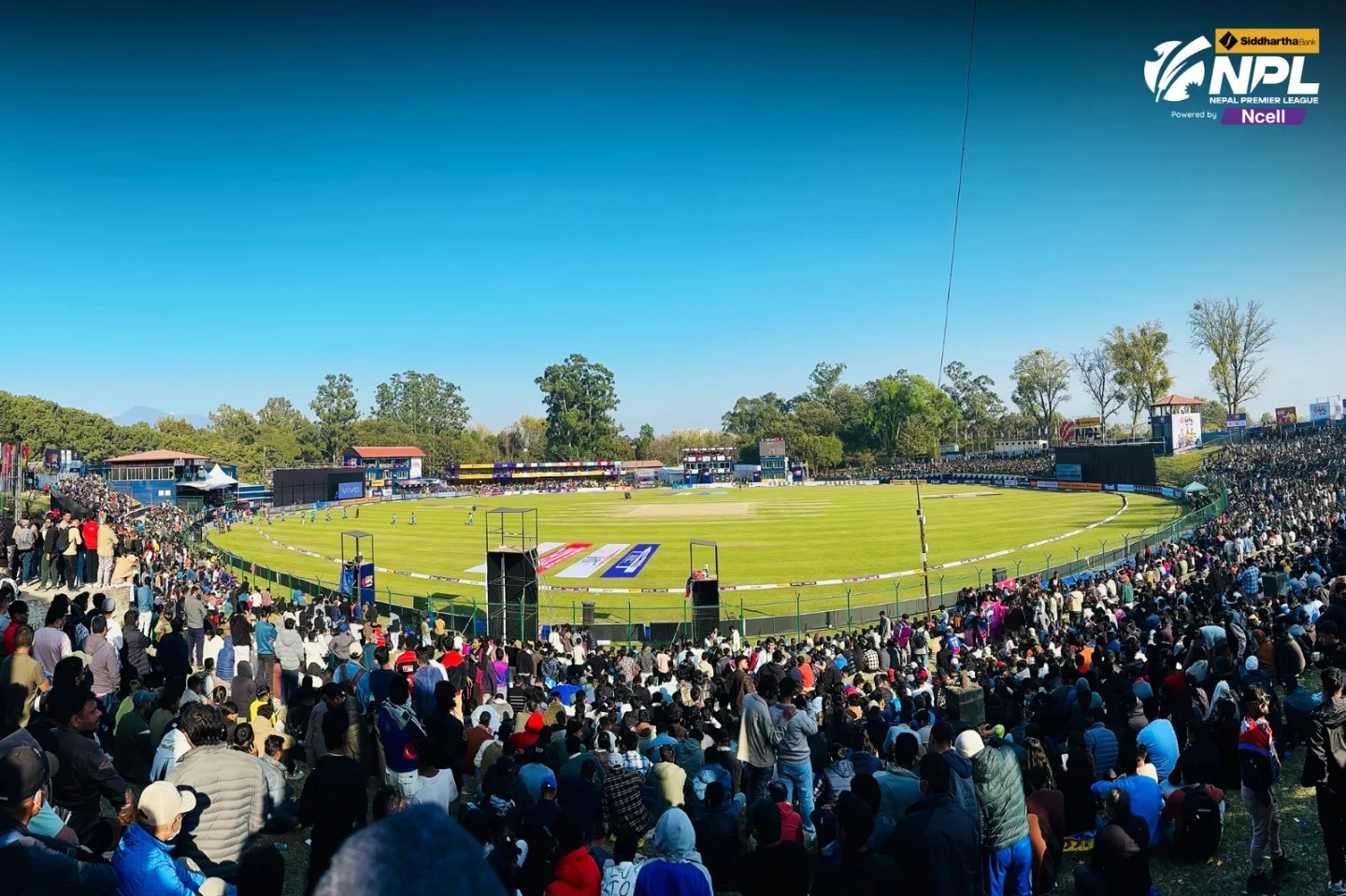
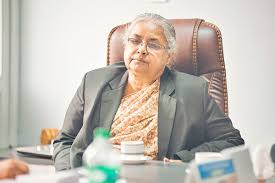

Comments:
Leave a Reply